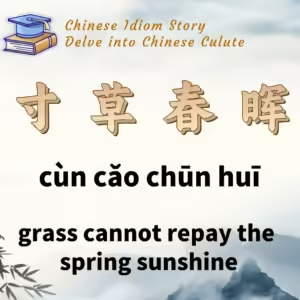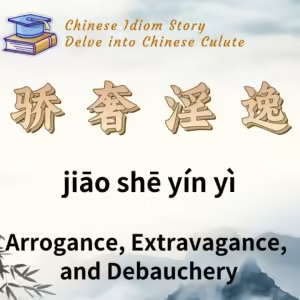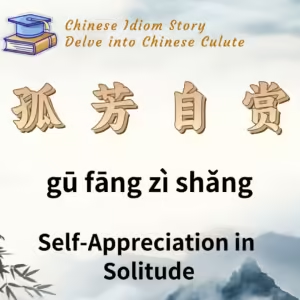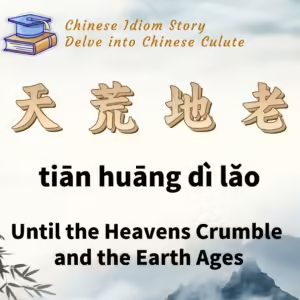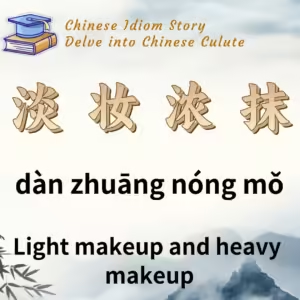
Chinese Idiom: 淡妆浓抹 (Dan Zhuang Nong Mo)
English Translation: Light makeup and heavy makeup
pīn yīn: dàn zhuāng nóng mǒ
Idiom Meaning: This idiom describes two contrasting styles of decoration – subtle elegance and bold extravagance.
Historical Source: From the Northern Song Dynasty poet Su Shi’s poem 饮湖上初晴后雨 (Drinking on the Lake After the Initial Sunshine and Rain).
Idiom Story:
Su Shi, also known as Su Dongpo, was a prominent figure in the Song Dynasty, recognized for his contributions as a poet, calligrapher, and statesman. Born in Meishan, Sichuan, he became a jinshi (the highest and most prestigious degree) in the second year of the reign of Emperor Renzong. Throughout his career, Su Shi held various official positions, including Minister of Rites.
Despite his successes, Su Shi often found himself at odds with the government, particularly during the reform movement led by Wang Anshi. Due to his opposition to these reforms, he was assigned to local posts in places like Hangzhou and Shizhou. Later, he was imprisoned for allegedly mocking the court in his poetry and was subsequently exiled to Huangzhou. Over his lifetime, he faced multiple exiles and returned to favor only to be exiled again during the reign of Emperor Huizong. He ultimately passed away in Changzhou.
During his time as a local official in Hangzhou, Su Shi demonstrated genuine concern for the welfare of the people, undertaking initiatives to repair roads, build bridges, and improve irrigation. His poem 饮湖上初晴后雨 was written during the sixth year of the Xining era (1073) in early spring. On a day when the rain had just ceased, he went to West Lake to enjoy the scenery, where the sunlight shimmering on the water created a beautiful scene.
In his poem, he captures the beauty of West Lake in four lines:
水光潋滟晴方好,
山色空蒙雨亦奇。
欲把西湖比西子,
淡妆浓抹总相宜。
Translation:
The lake’s surface sparkles when it’s sunny,
The mountains appear hazy in the rain—equally enchanting.
If I were to compare West Lake to the beauty of Xishi,
Both light and heavy makeup suit her just fine.
The first two lines vividly depict the transition of the scenery from sunny to rainy, illustrating the distinct beauty of the lake in different weather conditions. The latter two lines use a metaphor, comparing West Lake to Xishi, a renowned beauty from the Spring and Autumn period. This comparison emphasizes that both the clear, sunny days (light makeup) and the misty, rainy days (heavy makeup) reveal the lake’s charm.
As a result, this couplet gave rise to the famous saying “淡妆浓抹总相宜,” which celebrates the notion that both subtlety and boldness can coexist beautifully. Over time, the idiom 淡妆浓抹 has come to signify the harmony between different styles, illustrating the idea that beauty can manifest in various forms and should be appreciated in all its expressions.

